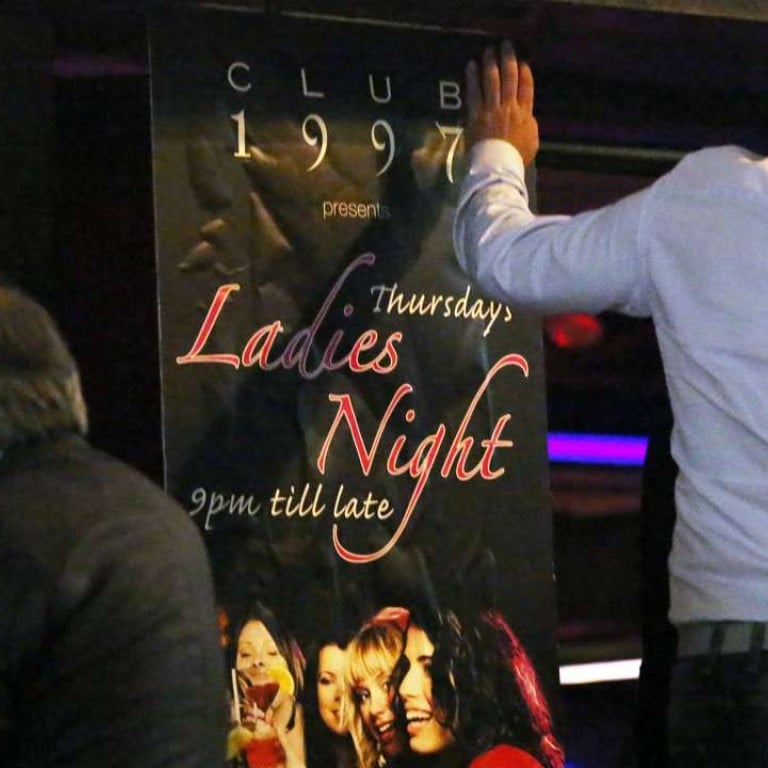
Ladies’ nights are clearly in breach of the law
Those who support such sales practices are on the wrong side of the argument, as a recent court ruling has shown; now it’s up to the equality watchdog to work with the bar industry to rectify the situation
Ever since ladies’ night discounts in bars and nightclubs were deemed unlawful in a landmark court ruling in April, the industry has become more vocal in fighting the ruling. Some traders even mistook it as vindication when the man who took the case to court failed in his bid to claim HK$50,000 in compensation. The industry has vowed to continue with what it maintains is a legitimate sales tactic.
The same question has been bothering the industry overseas. Although ladies’ nights are prohibited in Britain, the ban is reportedly ignored by some clubs. In the United States, courts in California, Maryland, Pennsylvania and Wisconsin have ruled that the concessions are unlawful. But challenges filed in Illinois, Minnesota and Washington have been rejected.
That does not mean the local ruling can be brushed aside. Rejecting the claim for compensation, a District Court judge noted that the claimant had spent hours enjoying himself in the premises and it would be absurd for him to get a windfall.
The lawsuit stemmed from an unprecedented challenge by the Equal Opportunities Commission upon a complaint. It won after the karaoke bar in question did not contest the case. Despite the ruling against damages, it remains true that concessions based on gender are in breach of the Sex Discrimination Ordinance.
There are those who think that gender equality is being taken too far. According to the same logic, mother’s day promotions may also become unlawful. They argue that the phrase “ladies first” may even have legal implications. The industry is adamant that such discounts are normal business practice. But preferential treatment based on gender in services and sales is fundamentally in breach of the spirit of equality, as well as politically incorrect. The prevalence of such unlawful business practices owes much to the commission’s lack of education and enforcement over the years. It is incumbent upon the watchdog to adopt a more vocal stance against discrimination and work with the industry to rectify the situation.

